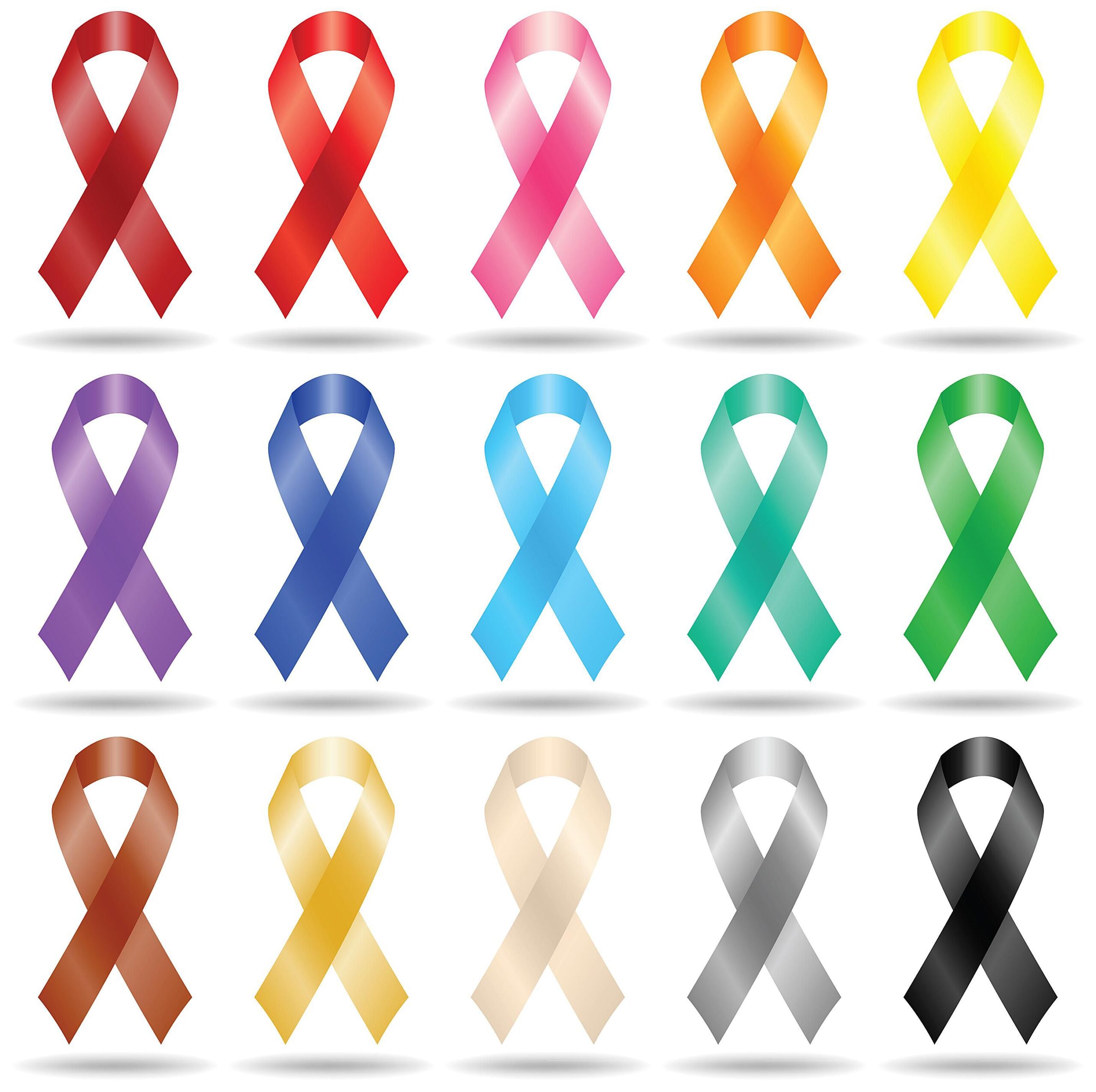
Kenyans want cancer declared a national disaster

“As leaders, we need to strategize on the way forward and how we will deal with the disease,” said Nairobi Governor Mike Sonko as he spoke about the life and recent passing of friend and colleague Joyce Laboso.

Laboso, who until her death Sunday, was the Bomet Governor, became the latest casualty of cancer. It is a disease that has claimed the lives of several high-profile Kenyans in recent years.
“Cancer is a serious disease. The reports we have now indicate that there are over 60 members of parliament with cancer,” said Sonko.
But while affluent politicians and citizens are able to travel outside the country for therapy, due to a lack of adequate facilities at home, the overwhelming majority of Kenyans get sick, suffer and eventually die.
Health Cabinet Secretary Sicily Kariuki says an estimated 33,000 Kenyans die of cancer or cancer-related ailments annually. Cancer is now the third leading cause of death in Kenya after infectious and cardiovascular diseases. The Global Cancer Observatory (Globocan) estimates that in 2018, there were over 48,000 new cases of cancer recorded in the East African country. There are now growing calls by Kenyans for the government to declare cancer a national disaster.
According to the National Cancer Institute of Kenya, Kenya has only 35 oncologists in both private and public hospitals.
“The country has only one public hospital which can offer radiotherapy treatment,” Philip Odiyo, Patient Support Manager at Faraja Cancer Support Trust, told Deutsches Welles, adding that there are several private entities that offer the same treatment but the majority of Kenyans cannot afford it. The cost of treating cancer in Kenya can be as high as Kshs 2 million ($19,171 or 17,197 euros).
In 2017, Kenya launched its National Cancer Control Strategy 2017-2022. The main goal was to reduce cases of cancer and improve care for those already affected. Back then, 27,000 people were dying each year.
Part of the cancer control strategy was to build four regional cancer treatment centers in Kisii, Nakuru, Mombasa and Nyeri in order to decongest Kenyatta National Hospital. “I cannot authoritatively say that there is any center that has been set up, but so far we have not seen any in the country,” Odiyo said.
Kenyatta National Hospital turned to social media to appeal to Kenyans to help fund a cancer hostel worth Kshs 430 million. The hospital is hoping that ordinary citizens can achieve what the government has so far failed to do.






